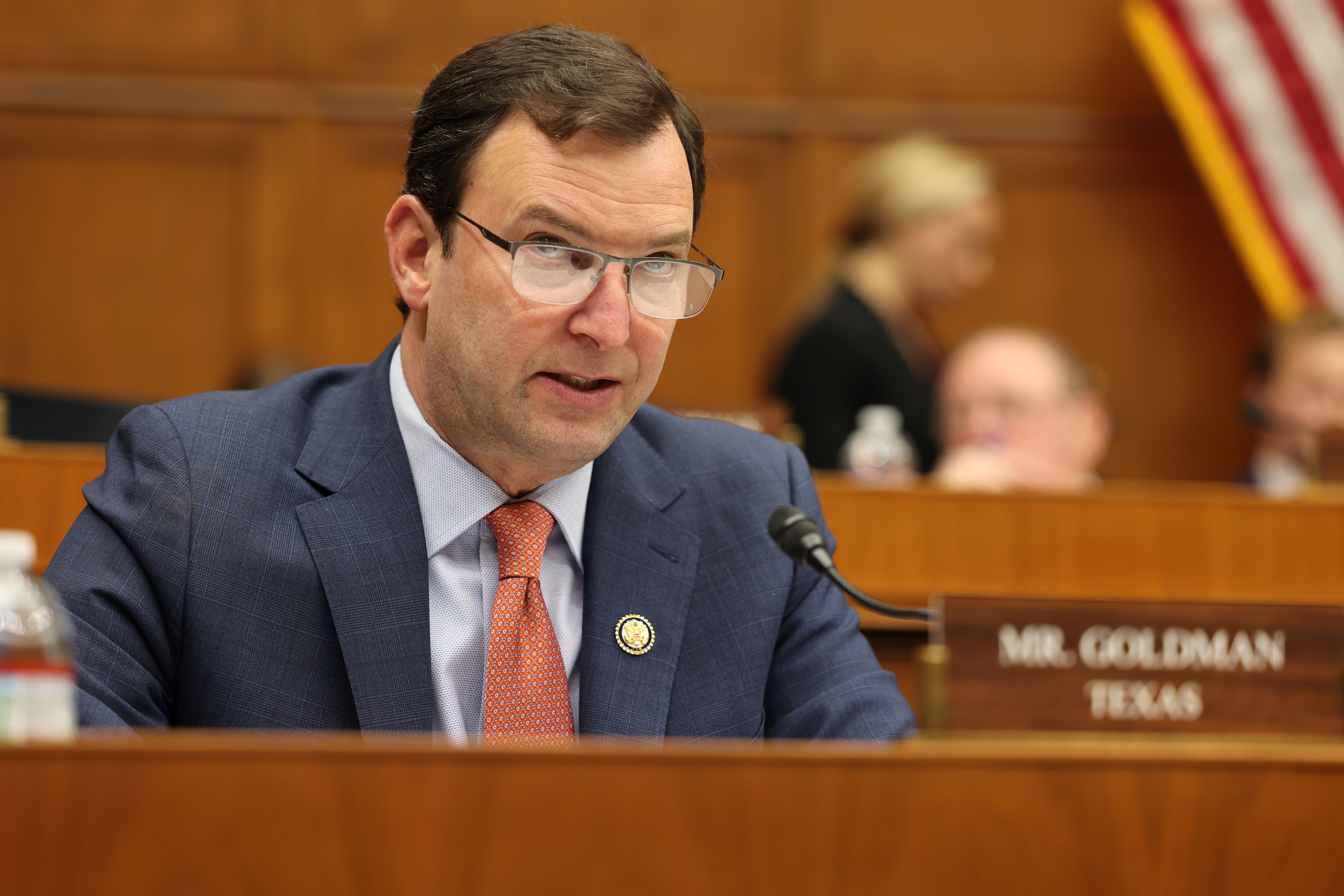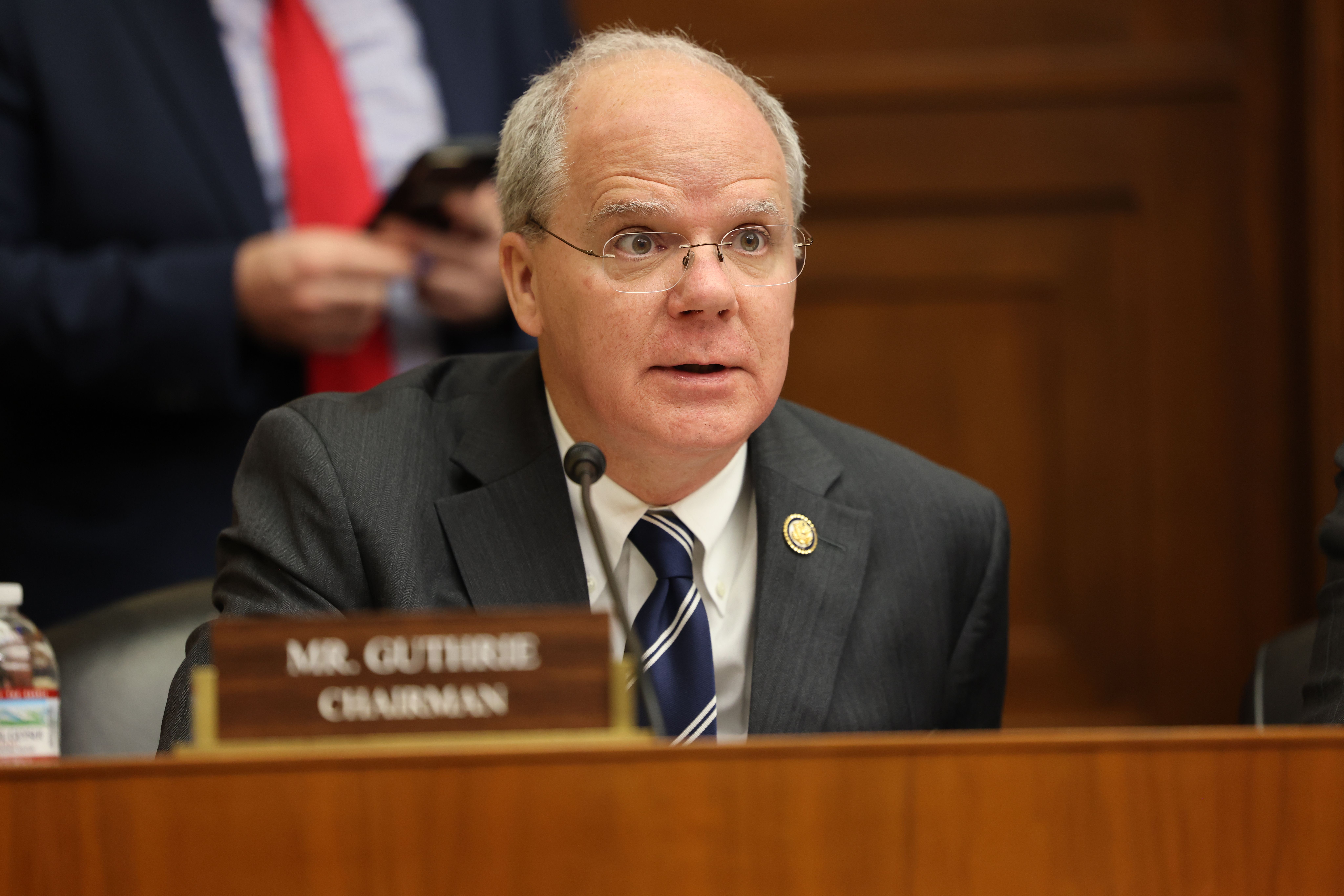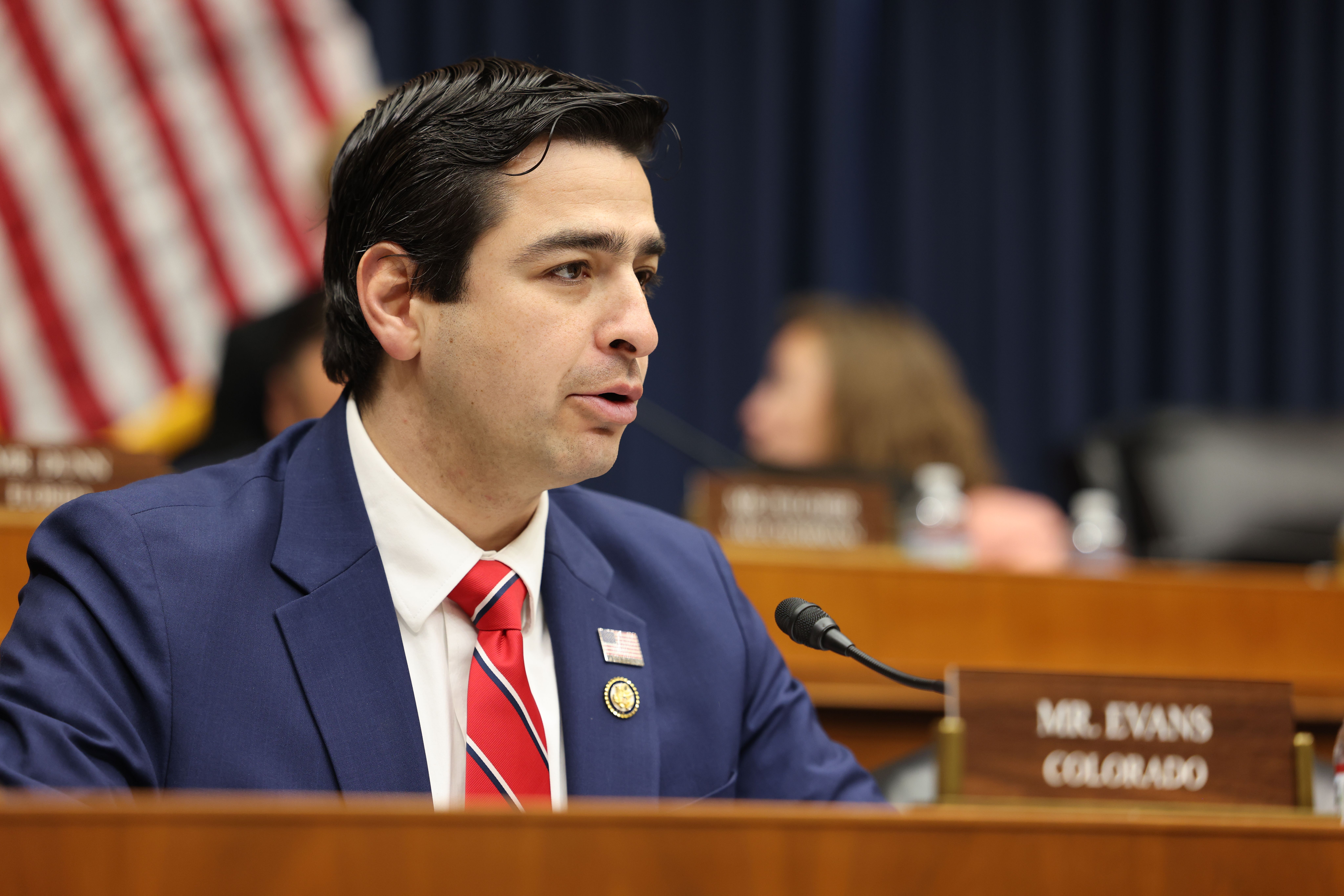Chairman Guthrie Celebrates President Trump’s SOTU Address, Marking an Era of Prosperity and Strength for America’s 250th
WASHINGTON, D.C. – Today, Congressman Brett Guthrie (KY-02), Chairman of the House Committee on Energy and Commerce, issued a statement following President Trump’s State of the Union Address to a Joint Session of Congress: “Tonight, President Trump laid out a bold vision for the American people as we celebrate the 250th anniversary since our founding. By unleashing American energy dominance, we can lower energy costs, strengthen our national security, and power innovation. As the President discussed in his speech, we must rely on baseload power from coal, oil, natural gas, nuclear, and hydropower that can provide the on-demand electricity we need. Our Committee will remain focused on cutting red tape and lowering prices for hard-working families. “ House Republicans stand with President Trump tonight, with a strong focus on making life more affordable for everyday Americans—not only when it comes to energy prices, but when it comes to the cost of health care, too. Previous Democrat administrations effectively broke our American health care system, and I applaud President Trump in his steadfast efforts to fix it. Through programs like TrumpRx, Americans now have access to the lowest cost prescription drugs. Through commitments like Making America Healthy Again, Americans see the promise of health improvements for generations to come. Our country’s milestone of 250 years signifies an opportunity to put the wellbeing of Americans back at the forefront of our health care system. “ As we look to the future, adversaries are challenging our standing as the world’s greatest innovator. Americans have the creativity and the skills to compete on the world stage, but we need the regulatory environment to match our aspirations. The President and I share a vision for a future where the United States can lead the development and deployment of cutting-edge technologies and Americans enjoy the benefits of these advances. “ Tonight, the President outlined a vision of prosperity shared widely across the Republican Party. By unleashing American energy, lowering health care prices, and supporting U.S. innovators, President Trump and Committee Republicans are in lockstep fighting to address the issues that matter most to American families.” ###


